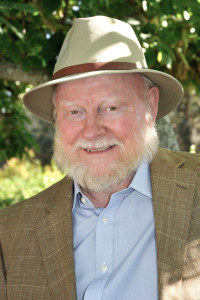Ronald Ian McKinnon, the William D. Eberle Professor of Economics, Emeritus, died Wednesday, Oct. 1, at 79. He succumbed to complications from a head trauma two weeks after suffering a fall on an escalator at San Francisco International Airport in September.

McKinnon specialized in international economics and federalism, money and finance, economic development and the East Asian economy. He had consulted for USAID, the World Bank, the Federal Reserve, the International Monetary Fund and the governments of Sweden, Nicaragua, Peru, Uruguay, Chile, Kuwait and Colombia.
He pioneered the economic field of “financial repression” along with colleague Edward S. Shaw. According to McKinnon’s Stanford web page:
“In the 1960s and 1970s, ongoing price inflation combined with numerous government interventions to set interest rates and direct the flow of credit had shrunk the deposit base for domestic bank lending throughout the developing world. In his first book, Money and Capital in Economic Development (1973), [McKinnon] analyzed why the prevailing economic doctrines of the time had become too tolerant of inflation and of state interventions in the credit mechanism. Without proper doctrinal constraints, politicians were only too happy to direct the flow of credit to suit their own ends.”
The Edmonton-native joined Stanford as an assistant economic professor in 1961 after earning a bachelor’s degree from the University of Alberta and a doctorate in economics from the University of Minnesota. He received tenure in 1966 before being promoted to full professor in 1969.
McKinnon is survived by his wife, Margaret Learmonth McKinnon, three children, Neil, Mary and David and seven grandchildren.
This post has been corrected. Due to an editing error, the post previously misidentified Professor McKinnon. His first name was Ronald. The Daily regrets this error.